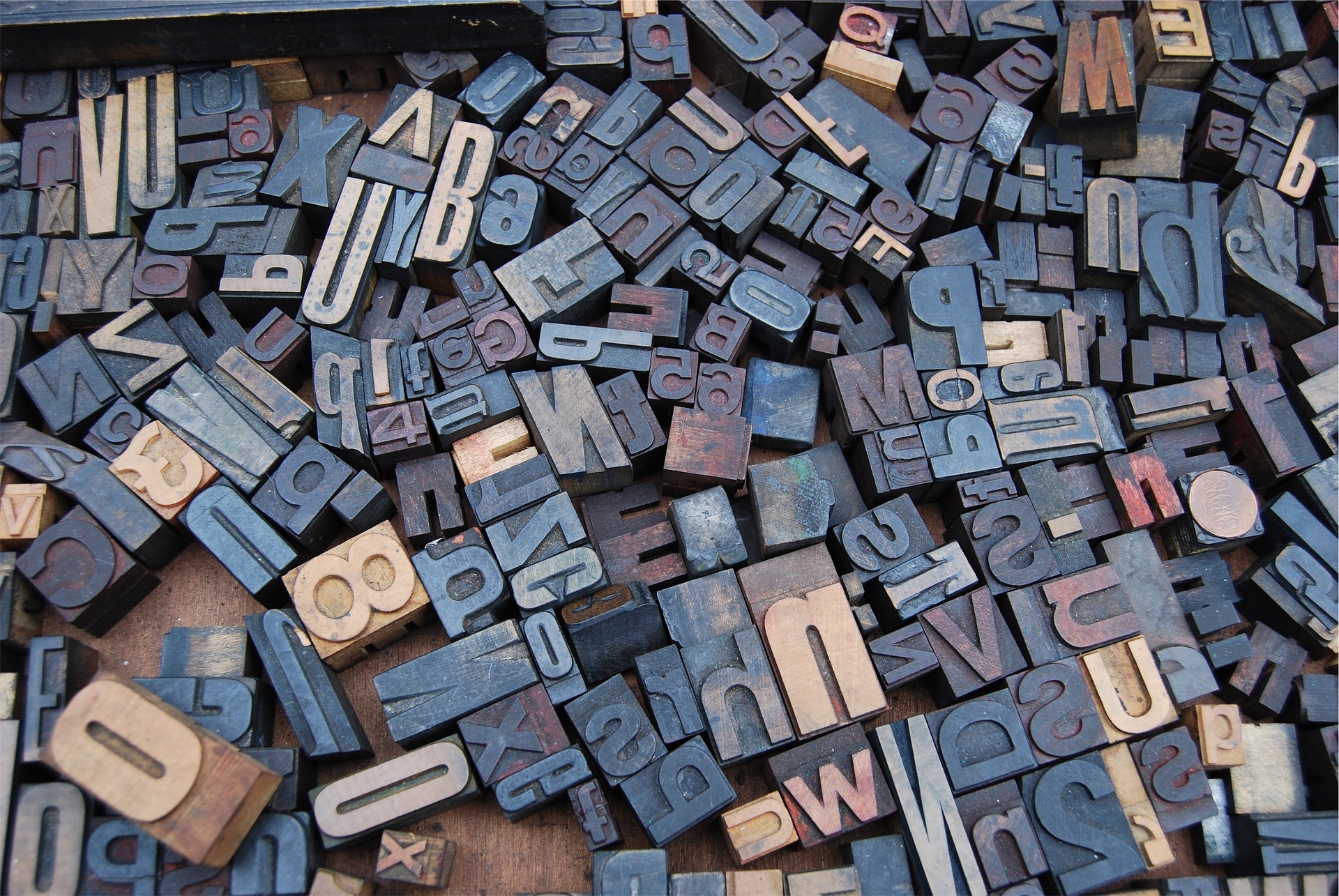You’d think it would be simple.
You have a word. It has a definition, a meaning…
Not when it comes to the English language!
At 600,000 words in the Oxford English dictionary, the English language has one of the largest vocabularies of all the languages of the world. There are a number of words in English that don’t have just one meaning (or even 2 or 3!) In fact, you’d be hard pushed to find a word that doesn’t have at least 2 meanings.
Words with multiple meanings generally sit within 3 different categories of definitions
- Homonyms: words with the same spelling and pronunciation, but different meanings. An example of this is “right”. It can mean correct / the direction that’s the opposite of left.
- Homophones: words with the same pronunciation, but different spellings and meanings. The words grate/great are good examples.
- Homographs: words spelled the same, but have different pronunciations and meanings. A good example is the word “wound”. It can be used as ” They wound up the interview on time / His wound was becoming infected”.
There’s a hotly contested argument around which word has the most definitions out of “run” or “set”. It’s contested because while “set” has actually been the top-ranked word since the Oxford English Dictionary’s first edition in 1928, in a New York Times interview in 2011, John Simpson (the Oxford English Dictionary’s chief editor) stated that “run” now has 645 definitions, therefore surpassing “set”. This just shows how language never stands still, it’s constantly evolving and developing.
The top 5 words in the dictionary that have the highest number of different meanings
- Run. With its jaw dropping 645 definitions, there’s a clear winner! Just a few definitions include “run for presidential office / I run to keep fit / the team scored 120 runs in their second innings / she ran a bath to help her relax”.
- Set. This has 430 definitions and was king of the definition castle until it was knocked off top spot by “run”. It would quite possibly be one of those questions at a pub quiz that would be up for discussion as it’s still listed as top place in the Guinness World Records! It retained its 430 definitions right the way through the 21st Century, including the 1989 version of the Oxford English Dictionary. Examples of different meaning are “the play is set in the 1940s / Cinderella was set to work / the ice cream set within an hour / the tea set was out for afternoon tea”.
- Go. With 368 definitions it can be used as a noun, adjective, and verb. Some examples are “let’s go on holiday / I need to go to bed early / these shoes don’t go with my dress / the teacher had a go at him”.
- Take. Coming in at 343 definitions, “take” doesn’t take it easy when it comes to meanings! A few definitions are “don’t take me for a ride / the flight was bumpy during take off / I try not to take public transport / the supply teacher had to take the lesson”.
- Stand. Closely following in the heels of “take”, “stand” has 334 definitions, and can once again it could be a verb or noun. For example “stand still when I’m talking to you / he took the stand in front of the jury / I just won’t stand for it / he doesn’t stand a chance”.
- Get. Another ubiquitous word in English, there are 289 definitions for “get”. Just some meanings include “I need to get him a birthday present / she doesn’t get the irony / it takes 3 hours to get there / I didn’t get to see him perform”.
- Turn. This one has just one less meaning that the previous word at 288 definitions. Some examples are “we promise a fast turn around / take a left turn / it’s your turn to read out loud / turn over your books please”.
- Put. With 268 definitions, “put” comes in at exactly half the number of definitions as the top placed word. Examples of different meaning are “the book was difficult to put down / I’ve put my faith in the physio / he put his experience to good use / we’d better put back the meeting”.
- Fall. The penultimate in the top 10, “fall” has 264 definitions. Some examples are “the cushion broke her fall / her fall from grace / it will all fall into place / the rent payment falls at the end of the month”.
- Strike. And finally, this word is the 10th largest homograph in the English language at 250 definitions. These include “the workers went on strike / you need to strike the ball cleanly / that lightning strike was close / let’s strike a deal”.

